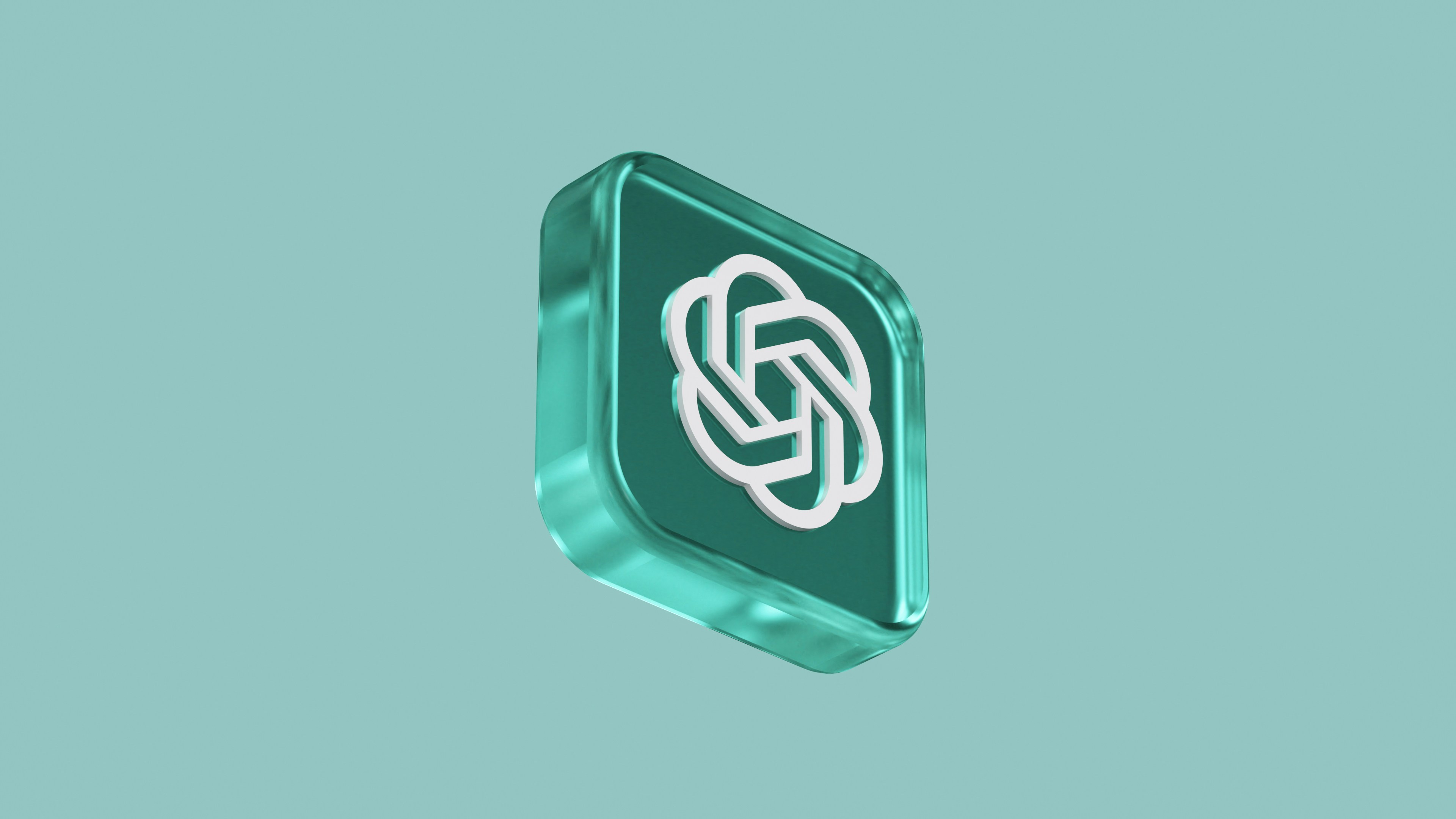It was a casual moment in a comedy podcast that delivered one of the most unsettling truths about artificial intelligence this year.
Sam Altman, CEO of OpenAI, joined Theo Von’s This Past Weekend for what seemed like a laid back conversation. No suits. No press releases. No courtroom backdrop. Just two people talking. But amid the usual banter, Altman offered a message that cut through the noise of AI optimism like a cold legal brief.
“People talk about the most personal things in their lives to ChatGPT,” he said. “Young people especially use it as a therapist, a life coach, asking about relationship problems and what to do.” Then came the quiet bombshell. “Right now, if you talk to a therapist or a lawyer or a doctor about those problems, there is legal privilege for it. We have not figured that out yet for when you talk to ChatGPT.”
It is a comment that would have been unthinkable in tech circles only a year ago. But in 2025, it lands with real weight.
Privacy Theater and the AI Illusion
Altman is not wrong. Licensed professionals offer protections that stretch deep into law. Doctor patient confidentiality. Attorney client privilege. The sanctity of the therapist’s office. These are not just social contracts. They are legal walls.
AI platforms like ChatGPT, no matter how advanced, offer none of those walls. In fact, the entire AI ecosystem currently runs on a legal patchwork that remains wide open to interpretation, subpoenas, and discovery requests.
OpenAI itself is at the center of this conflict. In its ongoing legal battle with The New York Times, the company has been ordered to retain records of user conversations. Even deleted ones. This data, potentially containing the most sensitive details users have ever typed into a machine, is now part of legal evidence.
“No one had to think about that even a year ago,” Altman admitted. “It is very screwed up.”
The statement was not made at a Senate hearing. It was not buried in a terms of service update. It came on a podcast. Which is why so few people are likely to process what it really means.
But here is where the dots begin to connect.

The Convenience Trap
The appeal of AI therapy is obvious. It is always available. It does not judge. It is fast. It is free. But as is often the case in tech, convenience is the bait.
What most people fail to recognize is the structure behind the interface. ChatGPT does not simply listen and forget. It logs. It stores. It feeds what you say back into a machine that never sleeps and never forgets. Conversations that feel intimate are routed through servers governed not by ethics, but by legal loopholes and corporate necessity.
Unlike therapists, AI tools have no obligation to keep your pain to themselves.
In states where privacy laws are weak, those same chats can be reviewed, shared, sold, subpoenaed, or silently studied. In states with stronger protections, the gray area only grows. And while Congress debates national AI legislation, the data flows continue.
It is hard to imagine any serious professional recommending this setup for a therapy session. Yet millions are now doing just that, unaware of the implications.
What Altman Is Really Saying
Altman’s remarks were not a warning. They were an admission. An acknowledgment that the infrastructure we are rapidly trusting with our most personal questions is not ready for the weight of that trust.
But more interesting is what he did not say. He did not call for a fix. He did not suggest that OpenAI would stop storing user messages. He simply noted that legal protections do not exist and left it there.
This may be the most honest thing a tech executive has said all year.
It leaves users with a question they are rarely encouraged to ask: When a technology becomes a mirror for your mind, who is watching the reflection?
Productivity, But at What Cost
In the productivity space, where speed and efficiency are the twin gods of modern work, tools like ChatGPT have become indispensable. They write, organize, brainstorm, plan, summarize, edit. They save hours every day.
But some users now rely on AI for more than work. They vent. They confess. They ask how to fix a marriage, how to heal after betrayal, how to cope with loss.
In doing so, they blur the line between workflow and emotional life. Between convenience and vulnerability. Between client and product.
It is not hard to imagine a future where productivity platforms double as emotional support systems. But that future needs a foundation more secure than corporate storage policies and post hoc disclaimers.
Until then, the smart move is to treat AI as a tool. Not a confidant.
The Silent Agreement
You will not find warnings in your ChatGPT session saying “this could be used in court.” You will not see a lock icon blinking red when your prompts turn personal. You will only see the same clean interface and the illusion of privacy.
But behind that interface is a simple fact: when you give something to an AI model, you are not just talking to a machine. You are placing your words in the care of a corporation. One that may be required to hand them over. One that is still working out the rules. One that has already told you it does not have the answers yet.
That should be enough to change how we use these tools.
And if it is not, then at the very least, it should make us stop and ask why.